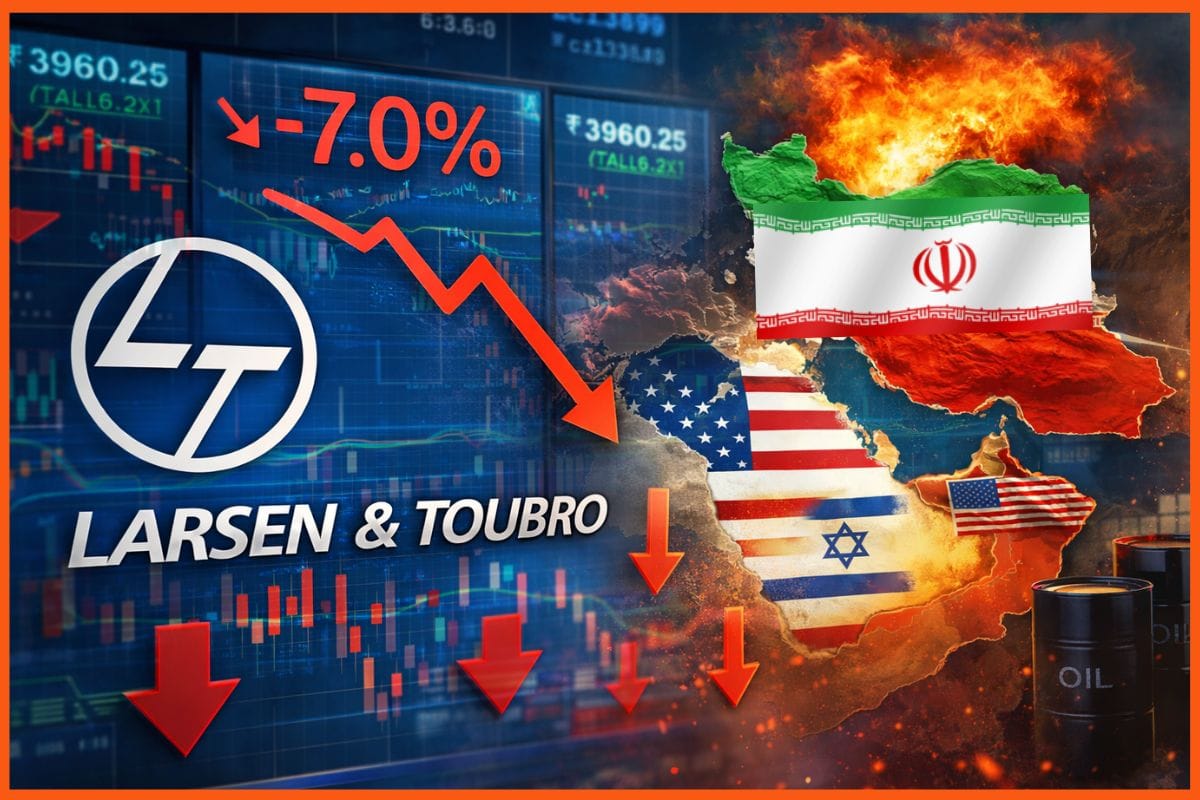How AI-Powered Energy Intelligence is Transforming Business Sustainability
✍️ Opinions
This article has been contributed by Bharath Rnkawat, CEO & Founder, Enlog.
Sustainability has shifted from being a catchphrase to an essential factor in today’s global economy. As companies around the globe strive to lower their carbon emissions, cut down on the consumption of resources, and adhere to tough environmental policies, there is increasing pressure on the companies across sectors.
However, achieving sustainability without compromising operational efficiency is a major challenge. Here is how AI powered energy intelligence is emerging as one of the most promising domains, changing how businesses curb their energy consumption, reduce waste, and improve efficiency.
Everything from forecasting energy consumption to realtime optimization, AI enabled processes are redefining how business sustainability is achieved. A report by PwC estimates that AI capable solutions are expected to deliver as much as 4 percent GHG (Greenhouse Gas) emission mitigation by 2030, which translates to 2.4 gigatons of CO2, an impact that equals the annual emission of India, the third-largest emitter globally. With such projections, it's impossible to dismiss AI as simply a sustainability tool- it's a critical solution to the problem.
The New Challenge of Rising Energy Spending for Companies
Recent years have experienced a rise in energy spending and consumption due to heightened industrial activity, urban migration, and adverse weather patterns. The International Energy Agency (IEA) estimates that global electricity demand will increase by more than 25 percent between now and 2040, mostly due to digitalization, electric vehicles, and increased industrial activity. Such developments imply higher operational costs for businesses together with their growing need to adopt sustainable practices.
To make matters worse, quite a number of companies still use outdated energy management systems neither do they incorporate real time data or predictive capacity. Conventional energy management practices involve collecting data manually, conducting trend analysis, and responding to energy inefficiencies after they have occurred. Such practices are inefficient, and worse, they prevent companies from optimizing performance by making waste reduction efforts proactive.
The Impact of AI-Powered Energy Intelligence on Businesses
AI powered energy intelligence incorporates machine learning (ML), Internet of Things (IoT) sensors, and predictive analytics to monitor energy usage in real time. The automated management systems pay no attention to their predecessors; AI innovation provides:
1. Automated Monitoring and Smart Energy Optimization:
AI systems have blasted open new frontiers in energy optimization. They track and analyze energy use across multiple facilities and flag those where energy is wasted in real time. For example, Google’s DeepMind AI used machine learning algorithms to optimize the cooling processes and reduced energy use in its data centers by 40%. Similar AI powered automation can be used by other firms to significantly reduce energy rotting at their facilities without any human involvement.
2. Predictive Energy Analytics for Cost Reduction:
AI can forecast energy needs by studying past consumption patterns, previous weather, and predictable changes in business activities. Businesses can then lower energy spend by anticipating peak demand periods and decreasing energy use prior. A case study from Siemens’ MindSphere platform discovered that the same analytics helped energy- intensive industrial plants save 15% of energy cost every year.
3. Transition to Renewable Energy Source:
Many businesses are transitioning to renewable energy sources, such as solar and wind power, but face challenges related to intermittency and grid dependency. AI helps mitigate these issues by balancing energy loads, forecasting renewable energy generation, and integrating multiple energy sources into a single, optimized system.

4. Smart Grids & Demand Response Management:
AI-powered smart grids help businesses adjust their energy consumption in response to real-time grid conditions, preventing wastage and reducing strain on energy infrastructure. Companies using AI-driven Demand Response (DR) programs can automatically reduce power usage during peak hours, leading to lower energy costs and reduced carbon emissions. Schneider Electric, a leader in smart energy solutions, has reported that AI-driven DR systems have helped clients achieve up to 30% energy savings.
AI’s role in regulating compliance & ESG Goals
Governments and regulatory bodies worldwide are tightening sustainability mandates. In the European Union, for instance, companies will have to disclose in detail their energy consumption and emissions. Energy intelligence systems, driven by AI, matter because they help the corporate automate compliance reporting in addition to easing the weight of such administration while ensuring transparency all the while.
Another major sector where AI is contributing to the ESG goals of companies is an environment. Carbon reduction with AI is the critical tool for 67% of global executives, according to Deloitte Sustainability Report 2023. AI-founded platforms will be able to trace sustainability metrics and detect inefficiencies to suggest actionable improvements.
The Future of AI-Driven Sustainability
The energy sustainability impact of AI is just on the cusp. Current emerging trends predict even greater emphasis in the future on efficiency, automation, and convergence. Prominent developments include:
- AI-Driven Digital Twins: Organizations are now developing digital copies of their real energy systems to replicate and maximize energy utilization in real-time prior to physical-world changes.
- Edge AI for Decentralized Energy Management: AI algorithms on edge devices can locally process energy data, minimizing latency and maximizing efficiency in remote industrial locations and smart buildings.
- Blockchain and AI Integration: Integrating AI with blockchain can improve the transparency of energy trading and enable companies to automate and validate carbon credit transactions.
The use of AI for energy management isn’t futuristic as it used to be. It is a powerful tool for businesses aiming to enhance their sustainability, reduce expenses, and comply with necessary policies. The integration AI with predictive and real time analytics has enabled organizations to refocus their approach to energy management from reactive to proactive.
With rapid technological advancement, more companies adopting AI technology, and its promise to reimagine efficiency in almost every sector, AI can transform energy efficiency to bring forth a sustainable and affordable future for businesses and the planet. Organizations willing to act now will benefit greatly beyond monetary savings; they will enjoy being a leader in the coming cycle of smart and sustainable development.

Must have tools for startups - Recommended by StartupTalky
- Convert Visitors into Leads- SeizeLead
- Website Builder SquareSpace
- Run your business Smoothly Systeme.io
- Stock Images Shutterstock






